ONGC-Rosneft
ONGC’s purchase of a 15% stake in Russia’s Vankorneft presents the road ahead for India – by acquiring oil and gas fields today, India has a chance to lock in the price of imported energy at the current low level for the long run.

Senior Fellow, Energy, Investment and Connectivity
Energy: Trade, Markets, Geopolitics & Technology; Investments; Connectivity, Infrastructure, OBOR, BRI
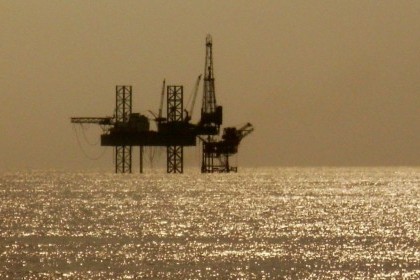 Courtesy:
Courtesy:
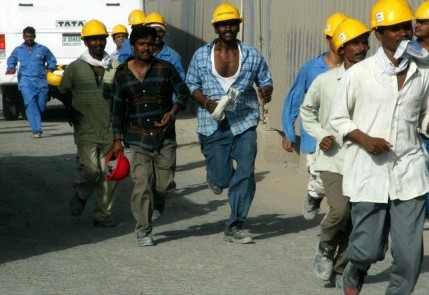 Courtesy:
Courtesy:
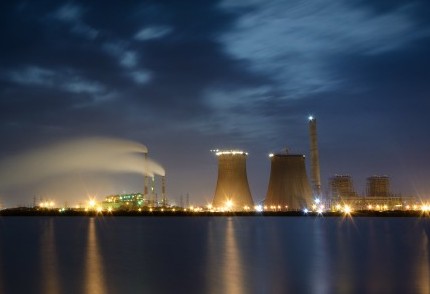 Courtesy: Ram Kumar / Wikipedia
Courtesy: Ram Kumar / Wikipedia
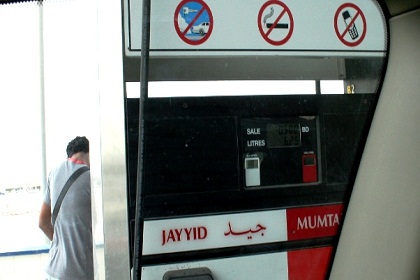 Courtesy:
Courtesy:
 Courtesy: The Speaker-news
Courtesy: The Speaker-news
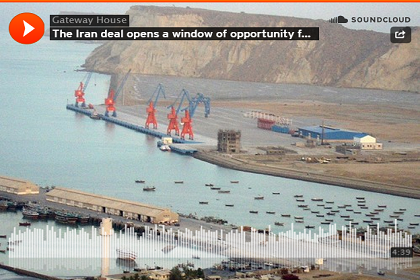 Courtesy:
Courtesy:
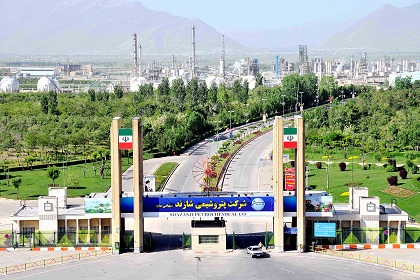 Courtesy: Wikipedia
Courtesy: Wikipedia
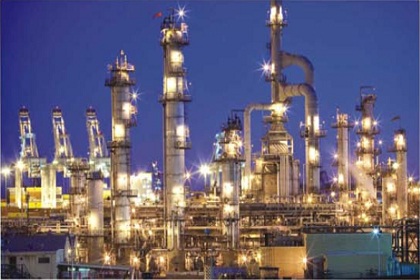 Courtesy: Petroleum.nic.in
Courtesy: Petroleum.nic.in
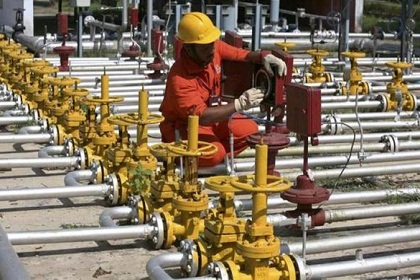 Courtesy: Amit Dave (Reuters)
Courtesy: Amit Dave (Reuters)
